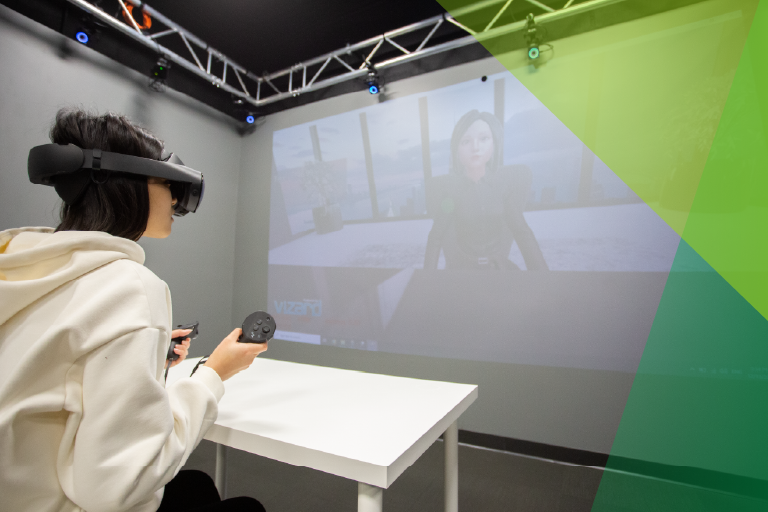Health & Risk, Environment & Science Communication
Nearly a third of our faculty are engaged in projects that promote healthy people and a healthy planet. By using new and emerging technologies to promote health behavior change and facilitate decision-making, we aim to attain optimal health for people, animals and the environment. Our work includes studying the design and implementations of health and environmental information, ways in which health decision-making happens and how behaviors are adopted.
Featured Research
We're working on a global scale to study and promote socially beneficial behaviors in the context of health, risk, science and the environment.
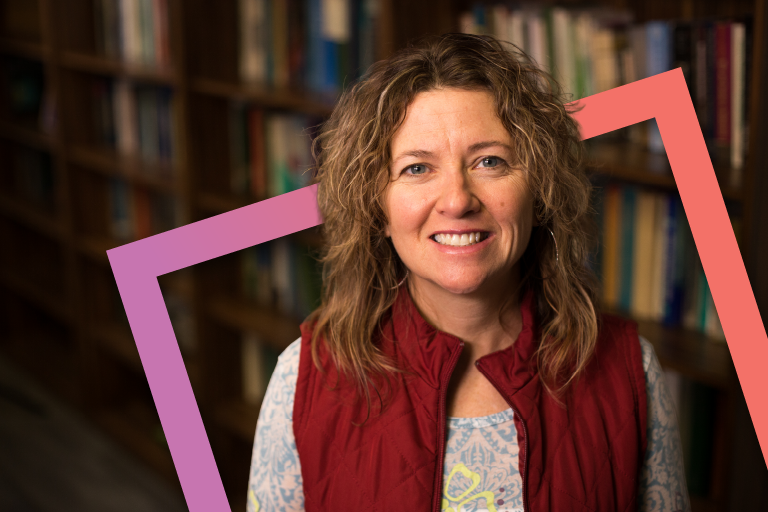
Study examines how financial incentives shape social norms and behavior

Juan Mundel and Patricia Huddleston publish new research on the connection between advertising and the horticulture industry
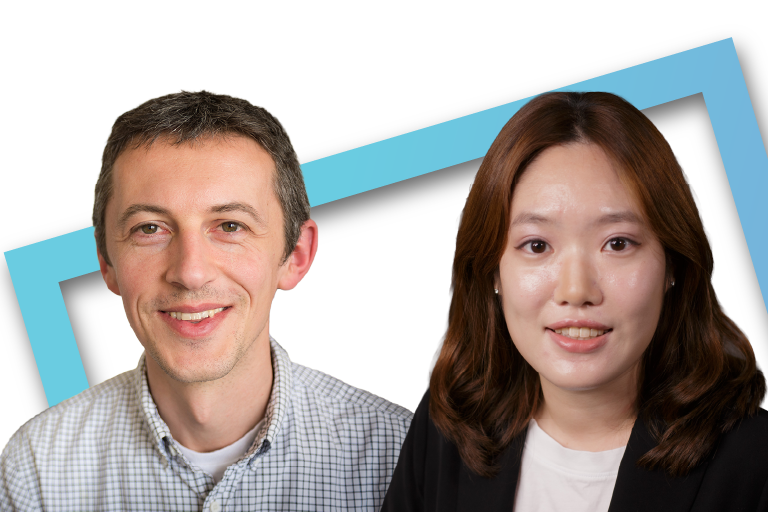
Virtual reality research explores how attention shapes memory

NIH awards $3.1M to Developmental Speech Laboratory to study the impact of stuttering on children
Health & Risk Communication Center
Learn more about the HRCC below

The Health and Risk Communication Center supports the work of over 50 affiliate faculty members who study the role of communication in health behavior change and risk reduction.
It serves as a hub for interdisciplinary research connections, provides methodological resources (such as surveys, focus groups, message production and statistical analysis), and serves as a go-to for specialized knowledge and expertise on all aspects of the health and environment risk process.
Centers and Labs
The Communicative Sciences and Disorders research facilities are located in the ComArtSci and the Oyer Speech & Hearing buildings on the Michigan State University campus. There are eight research laboratories, as well as shared research spaces for faculty and student use. These communication labs have several sound-treated booths, an anechoic chamber, as well as a highly reverberant room. All laboratories are equipped with state-of-the-art hardware and software to enable researchers in conducting the highest quality research. The department also provides several opportunities, space and resources for students (undergraduate and graduate) to participate in research.
The Knight Center for Environmental Journalism teaches student and professional journalists how to better report on the issues affecting the environment.
Media and Advertising Psychology Lab is focused on the study of media and advertising using biopsychological approaches, methods and theories.
The Theoretical and Applied Research on Media Affect and Cognition (TARMAC) lab is a state-of-the-art media psychology lab featuring four separate areas including: a welcome room, a room with 12 computers for web-based and reaction-time studies, a “living-room” area for television and video game research, and a virtual reality and gaming area with four computers equipped with eye-tracking and Oculus Rift headgear
Current studies include research on virtual reality and entertainment, games and violence, the social appeal of movies, and the role of motivation in media appeal.
Programs
Master of Arts in Health and Risk Communication
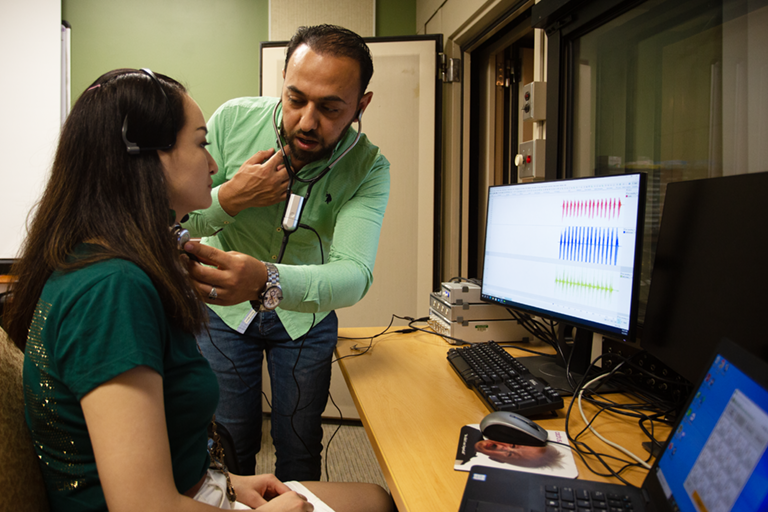
Ph.D. in Communicative Sciences and Disorders
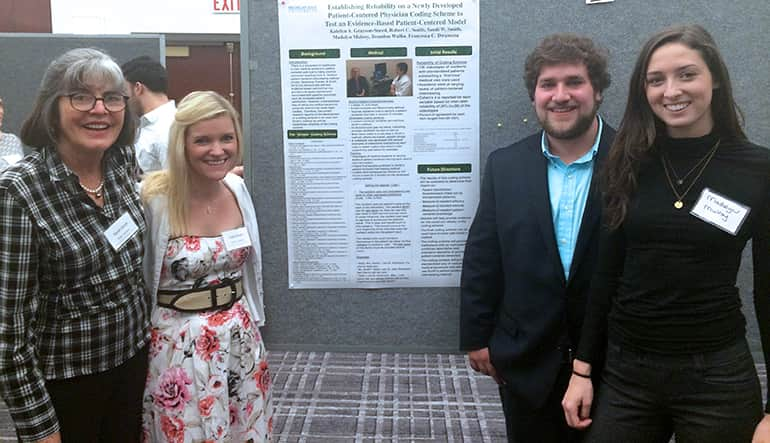
Shared Undergraduate to Graduate (UG2G) Master's Degree in Health and Risk Communication
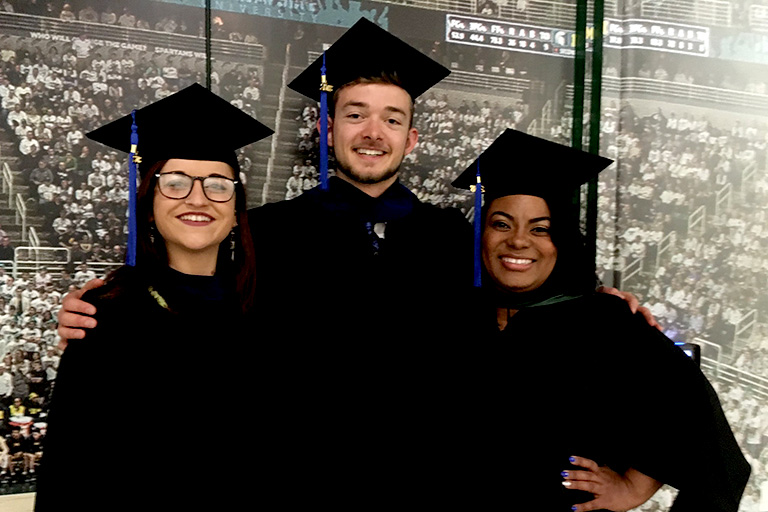
Master of Arts in Communication
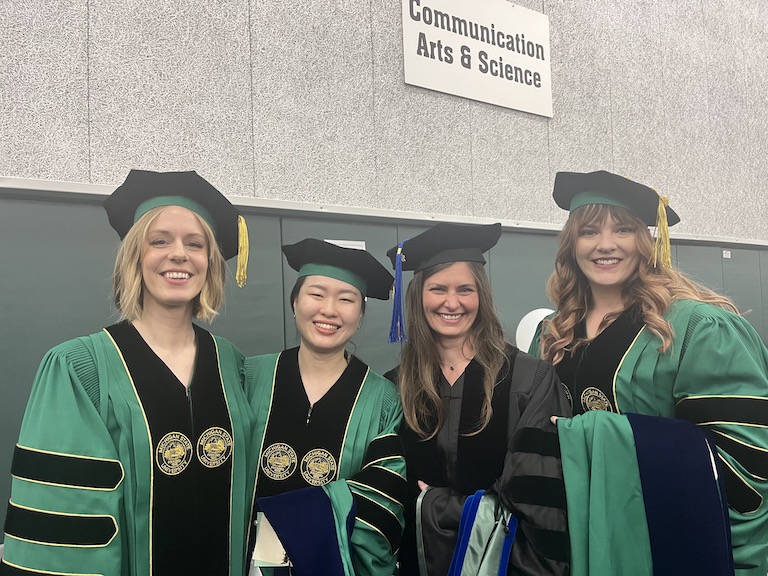
Ph.D. in Communication

Shared Undergraduate to Graduate (UG2G) Master's Degree in Communication

Ph.D. in Information and Media
Featured Faculty
Faculty
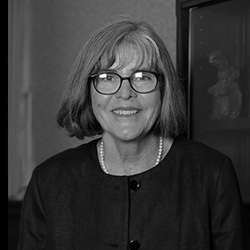
Sandi Smith
University Distinguished ProfessorDepartment
CommunicationSandi W. Smith is a University Distinguished Professor in the Department of Communication at Michigan State University.
Contact
Faculty

Maria Lapinski
ProfessorDepartment
CommunicationDr. Maria Lapinski is joint-appointed as a Professor in the Department of Communication and Michigan Ag-Bio Research at Michigan State University (MSU).
Contact
Faculty
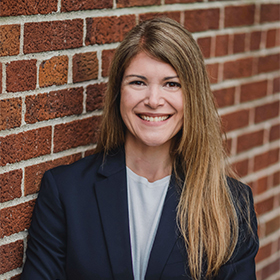
Bree Holtz
ProfessorDepartment
Advertising + Public RelationsDr. Holtz's research explores the adoption, perceptions, and outcomes of telemedicine/telehealth, mobile phone health apps (mhealth), consumer-grade sensors (i.e., Fitbit, Apple Watch, etc.), electronic medical records, AI, and social media for health topics.
Contact
Faculty

Wei Peng
ProfessorDepartment
Media & InformationWei Peng is a Professor and Associate Chair in the Department of Media and Information, Michigan State University. She is affiliated with the Games for Entertainment and Learning (GEL) lab and the Health and Risk Communication Center.
Contact
Faculty
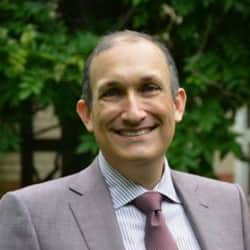
J. Scott Yaruss
ProfessorDepartment
Communicative Sciences & DisordersJ. Scott Yaruss, PhD, CCC-SLP, BCS-F, F-ASHA, is a speech-language pathologist and board-certified specialist in fluency disorders whose research, teaching, and outreach are focused on helping speech-language pathologists improve their ability to provide meaningful and lasting support for people who live with stuttering.
Contact
Faculty

Anastasia Kononova
Associate ProfessorDepartment
Advertising + Public RelationsAnastasia Kononova studies media multitasking behaviors and effects in persuasive communication
Faculty
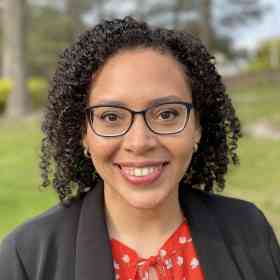
Fashina Aladé,
Associate ProfessorDepartment
Advertising + Public RelationsFashina (Shina) Aladé is an Associate Professor of Advertising & Public Relations, and also holds a courtesy appointment in the Department of Human Development and Family Studies. Her work lies at the intersection of media effects, developmental psychology, and early childhood education, with a focus on young children’s comprehension of and learning from educational media.
Contact
Faculty

Saleem Alhabash
ProfessorDepartment
Advertising + Public RelationsSaleem Alhabash is an Associate Professor of Public Relations and Social Media at the Department of Advertising + Public Relations, studying the persuasive effects of social media.
Contact
Faculty
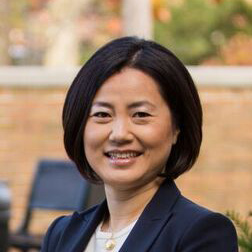
Young Argyris
Associate ProfessorDepartment
Media & InformationI earned a Ph.D. in Management Information Systems from the University of British Columbia, Canada. Beginning from my master’s thesis, I published in premier journals, including MIS Quarterly, ISR, Communications of the ACM, and ACM Transactions on CHI, which are cited over 1,700 times (as of August 2022, Google Scholar).
Contact
Faculty
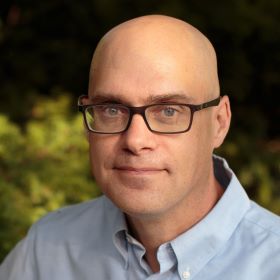
John Besley
Ellis N. Brandt Professor of Public RelationsDepartment
Advertising + Public RelationsDr. Besley is a science communication and risk communication scholar who studies public views about science and scientists' views about communication in the context of helping science communicators be more evidence-based and strategic.
Contact
Faculty

Lucinda Davenport
MSU Institutional Leadership Robert F. Banks AwardDepartment
JournalismDr. Lucinda D. Davenport has been recognized for her leadership, teaching and mentoring, scholarship, and community engagement and service at Michigan State University and nationally. She was also inducted into the state of Michigan Journalism Hall of Fame. She stepped aside as Director of the School of Journalism after 10 years. Before that, she was the Associate Dean for Graduate Studies and Research for the College of Communication Arts and Sciences.
Contact
Faculty
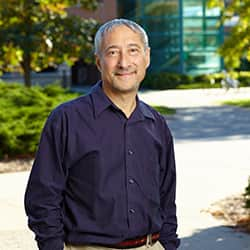
Eric Freedman
Knight Center for Environmental Journalism Chair and ProfessorDepartment
JournalismEric Freedman is Professor of Journalism and former Associate Dean of International Studies and Programs. During his 20-year newspaper career, he covered public affairs, environmental issues and legal affairs for newspapers in New York and Michigan, winning a Pulitzer Prize for coverage of a legislative corruption scandal.
Contact
Faculty

Serena Miller
Associate ProfessorDepartment
JournalismSerena Miller (Ph.D., Michigan State University) is an Associate Professor at Michigan State University, former Methodology Associate Editor for Review of Communication Research, and a former Associate Editor for Journalism Studies.
Contact
Faculty
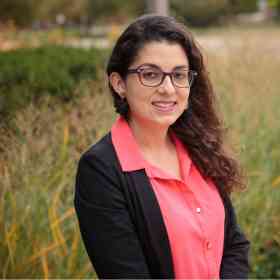
Maria Molina
Assistant ProfessorDepartment
Advertising + Public RelationsContact
Faculty

Perry Parks
Associate ProfessorDepartment
JournalismPerry Parks has argued that joy is a news value. He has theorized the role of poetry in journalism. He has advocated for re-centering the humanities in journalism research and practice. In general, Parks' research focuses on how taken-for-granted news norms and values unnecessarily limit how we think of news and what it can do for us.
